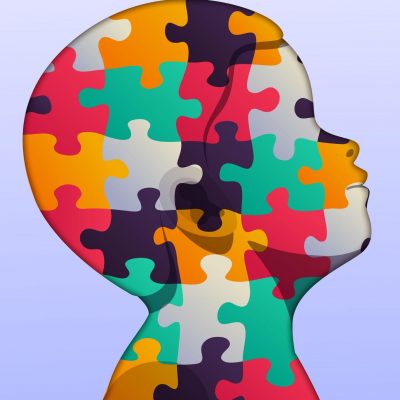
Change your thinking and Change the World
If you don’t succeed at first, try again and tell yourself that this time you will. Rome was not built in a day. Many successful entrepreneurs were successful after repeated attempts, eg. Walt Disney. They failed many times but did not give up. So be positive in your thinking and one day you will make a difference in this world.



